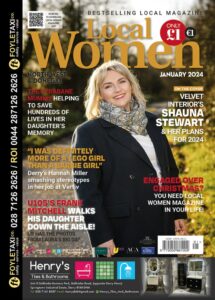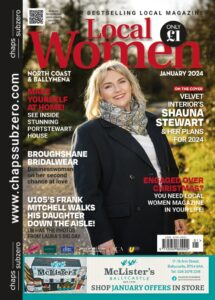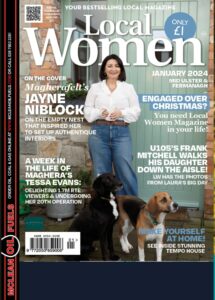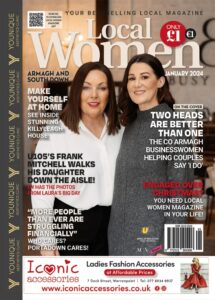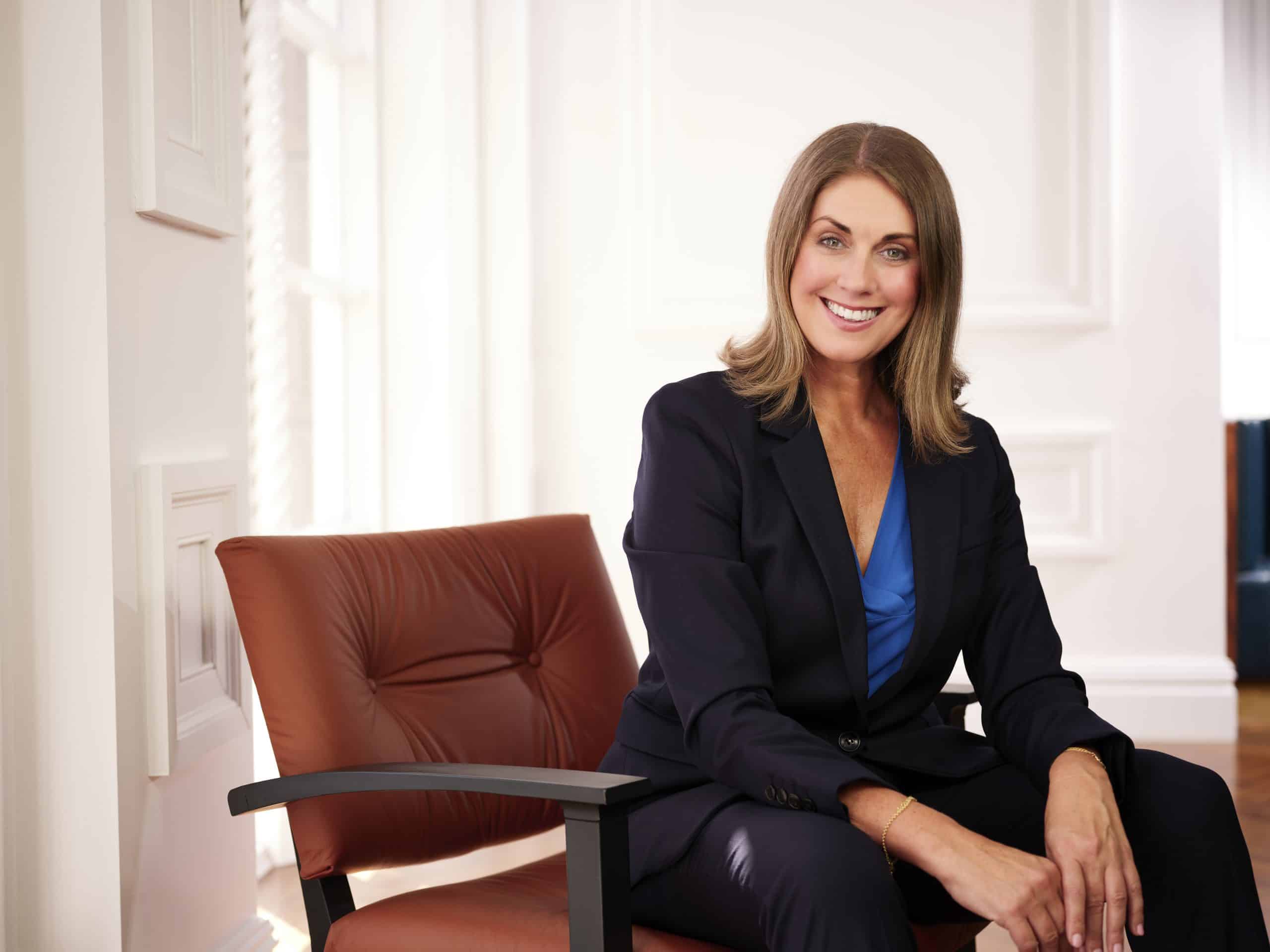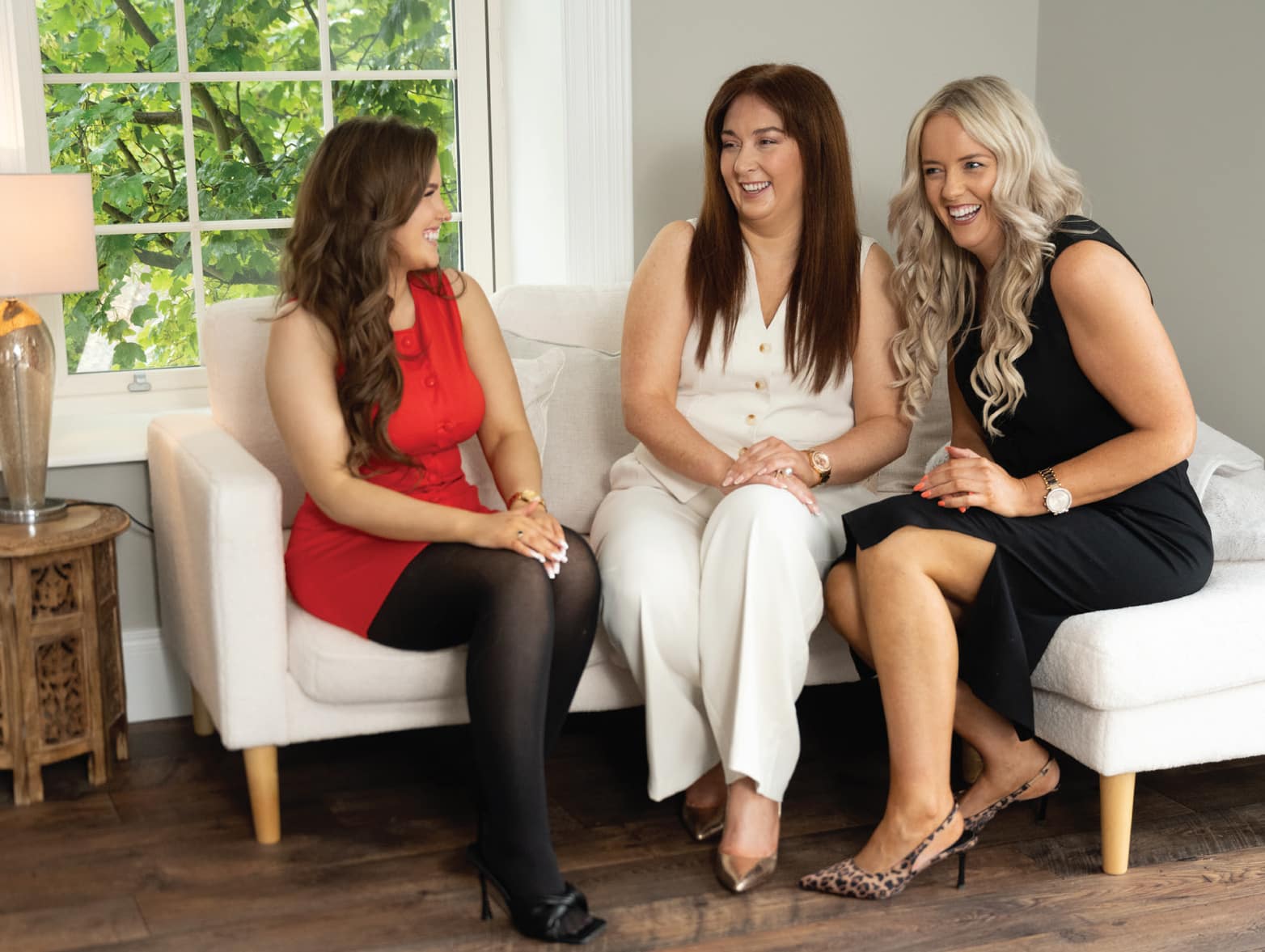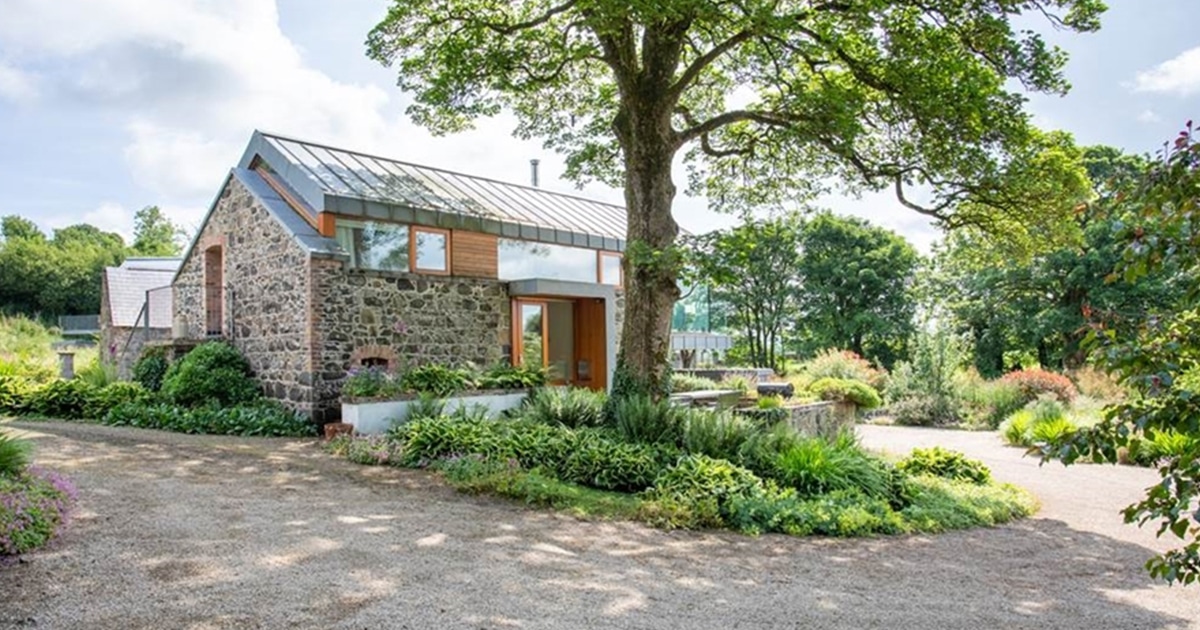Tamlaght’s Shelley Cowan fights for equality
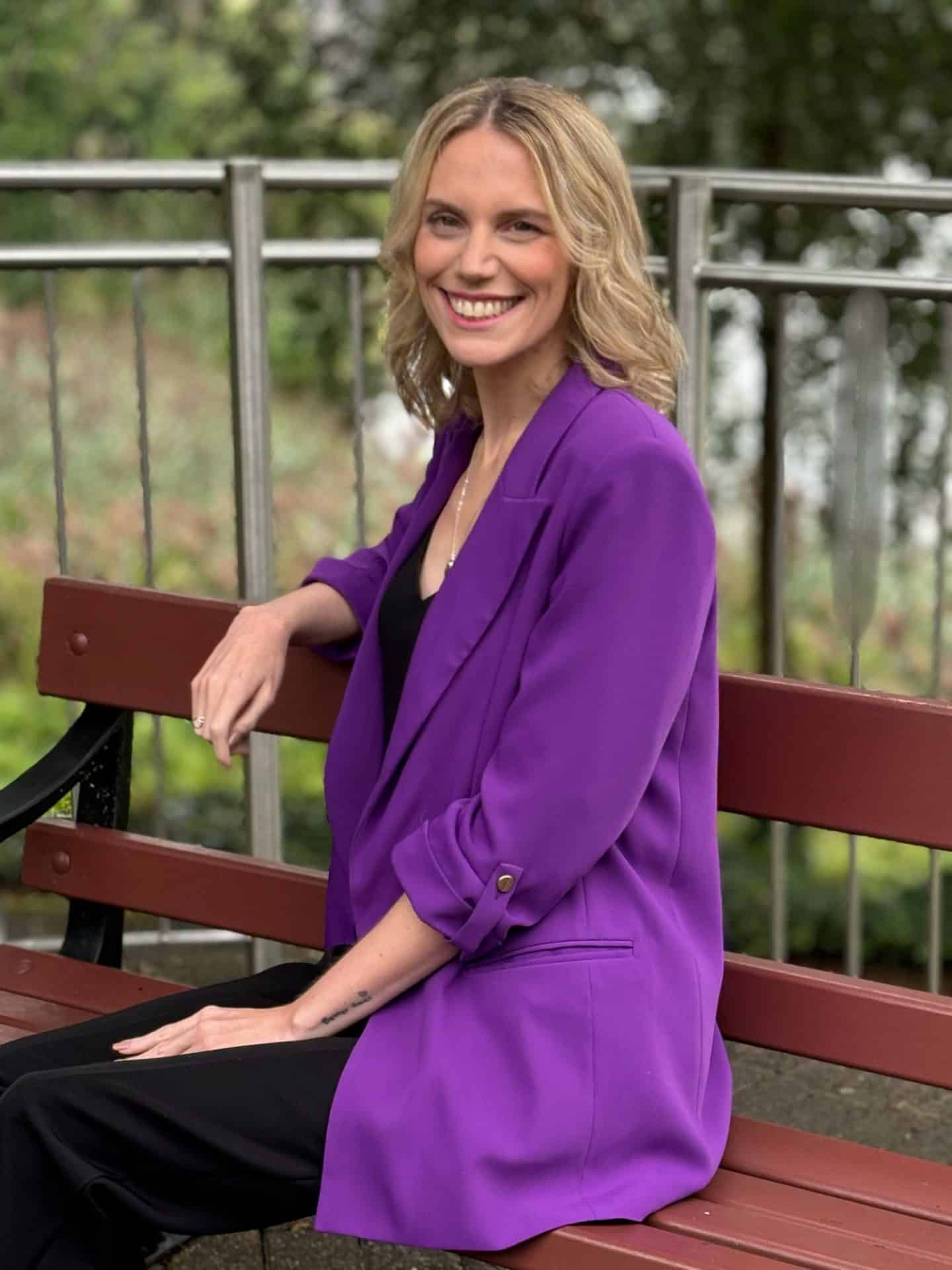
Fermanagh disability advocate Shelley Cowan from Tamlaght is using her experiences to push for changes in the Northern Ireland hospitality industry
No one knows more than Shelley Cowan, what it feels like to be helpless and unable to do anything for yourself.
For 12 years the Fermanagh woman was bed-bound, experienced limb paralysis and was fed by a tube, due to a chronic medical condition.
After she developed chronic fatigue syndrome in her teens, she depended entirely on her parents for her every need. Her muscles wasted, she lost her sight, and she needed a hoist to transfer her from wheelchair to bed.
She learned first-hand how the world is not set up for wheelchair users and those with limited mobility and the impact that had on her and on her family, who always had to put her needs first.
That’s why Shelley, 27, from Tamlaght, has dedicated her life to making a difference and trying to improve things for the many people living with disabilities who are unable to access services that most people take for granted.
Shelley explains: “I went downhill over an 18-month period, and by the time I was 16, I was hospitalised for 10 months, following which I was bed-bound for 12 years. I was tube-fed. My muscles weakened and I wasn’t able to do anything for myself.”
Now with her mobility improved, although she still requires 24 hour care, Shelley is launching a new campaign and fighting for the rights of domestic and international tourists with disabilities visiting NI after discovering that many local hotels are still largely inaccessible to wheelchair users.
Using her lived experiences, Shelley is a launching a campaign #accommodationforall to push for a ‘Hotel Accessibility Grading Classification’ which will help guests clearly understand the level of accessibility within certain venues.
During extensive research for her MSc degree in International Business, Shelley carried out interviews with wheelchair users and those with mobility issues who had previously tried to access facilities at local hospitality venues.
She uncovered stories of people being forced to sleep on pool loungers because beds were inaccessible and others being unable to access toilet facilities. Most people interviewed said there were vast access barriers within the hospitality sector in Northern Ireland and they were being failed.
“Some of the stories are awful,” Shelley says, “People with disabilities not being able to join their families at weddings or family occasions because there are issues with accessibility. Being made to feel different or less because of their disabilities.
“For groups of people with disabilities, for example a sports team, there is little accommodation available, where they can stay together which isn’t good enough. The industry is not prepared.
“I know of people who have had to renovate motorhomes themselves with the right equipment or purchase holiday homes because they can’t find proper accommodation.
“Something simple like spending a night in a hotel isn’t always possible and that means that person’s family or carers miss out too.
“Right now, it seems to me like pet friendly hotels take priority over the needs of society, and this isn’t right.”
As a result of her findings, Shelley set up Access Avenue, a business venture which, she says, will help people with disabilities to be included in society.
She wants to work with hospitality providers to equip them with the knowledge to make changes to their premises to move towards being more accessible and inclusive.
Sharing information on the campaign’s aim, Shelley says: “I was a wheelchair user and it was following personal experience of ineffective hospitality venues that I researched the area to improve accessibility within hospitality and tourism.
“I want everyone to have the opportunity to fully participate and explore equal, effective, enjoyable experiences – the campaign follows these 5 e’s.
“I had to purchase and transport a portable hoist, blow-up pressure relieving mattresses for myself and a mattress for a carer when I was staying away from home, so I know how it feels.
“To be able to stay away from home for even one night took weeks of rigorous planning and several phone calls to the hotel to ensure the venue and facilities were suitable for my needs.
“Every detail had to be meticulously checked, from physical environment to dietary requirements.”
Shelley was diagnosed with severe myalgic encephalomyelitis (ME) while still at school and was confined to bed for 12 years, later becoming a wheelchair user for ten years.
Shelley says her experience as a wheelchair user has provided her with a unique insight into the daily barriers faced by those who have disabilities.
Due to her expertise in the sector, she has recently been asked to speak at a disability conference and has been invited to contribute to panels and podcast in England and international
She explained: “I still require assistance with every aspect of daily living.
“People with disabilities are being denied access to weddings and family occasions because the infrastructure is just not in place.
“Hotel guests with disabilities want fair, equal service and price comparable to the other guests. They want barrier-free travel with accommodation as stated. We want to enjoy hotels as much as anyone else.”
Shelley discovered that guests with disabilities find accessibility in hotels is frequently vague or exaggerated, causing unnecessary stress and disappointment.
She also highlighted negative attitudes, which she says are commonplace, causing guests with disabilities to feel humiliated, ignored, unwanted and a nuisance.
This is why she wants to standardise the ratings for hotels so people with accessibility issues can see immediately what facilities are on offer.
According to Shelley’s research, there are only 17 hotels in the UK that can be classed as fully accessible with none in Northern Ireland.
She believes that not only is this a huge loss for those with disabilities, but it is also an economical loss for the hospitality industry, which she says is missing out on millions if not billions in revenue from the ‘purple pound’ – the spending power of disabled people and their households, which is worth £274 billion in the United Kingdom annually, and rising.
She says: “When people think of ‘all-inclusive’, they think of ‘all you can eat’ food and drink. I want it to mean that hotels and venues are fully accessible and inclusive.
“Tourists with disabilities and their families have money to spend and make loyal customers, bringing additional revenue with their business due to frequently needing a companion to help with requirements.
“If access was made easier for them, it would be life changing, and a game-changer for the hospitality sector.
“In 2024 it is shameful that there are not adequate facilities available, and I will do everything in my power to change this.”
For more information about Shelley and her #accommodationforall campaign see www.accessavenue.co.uk


